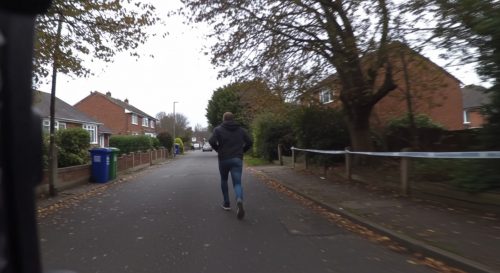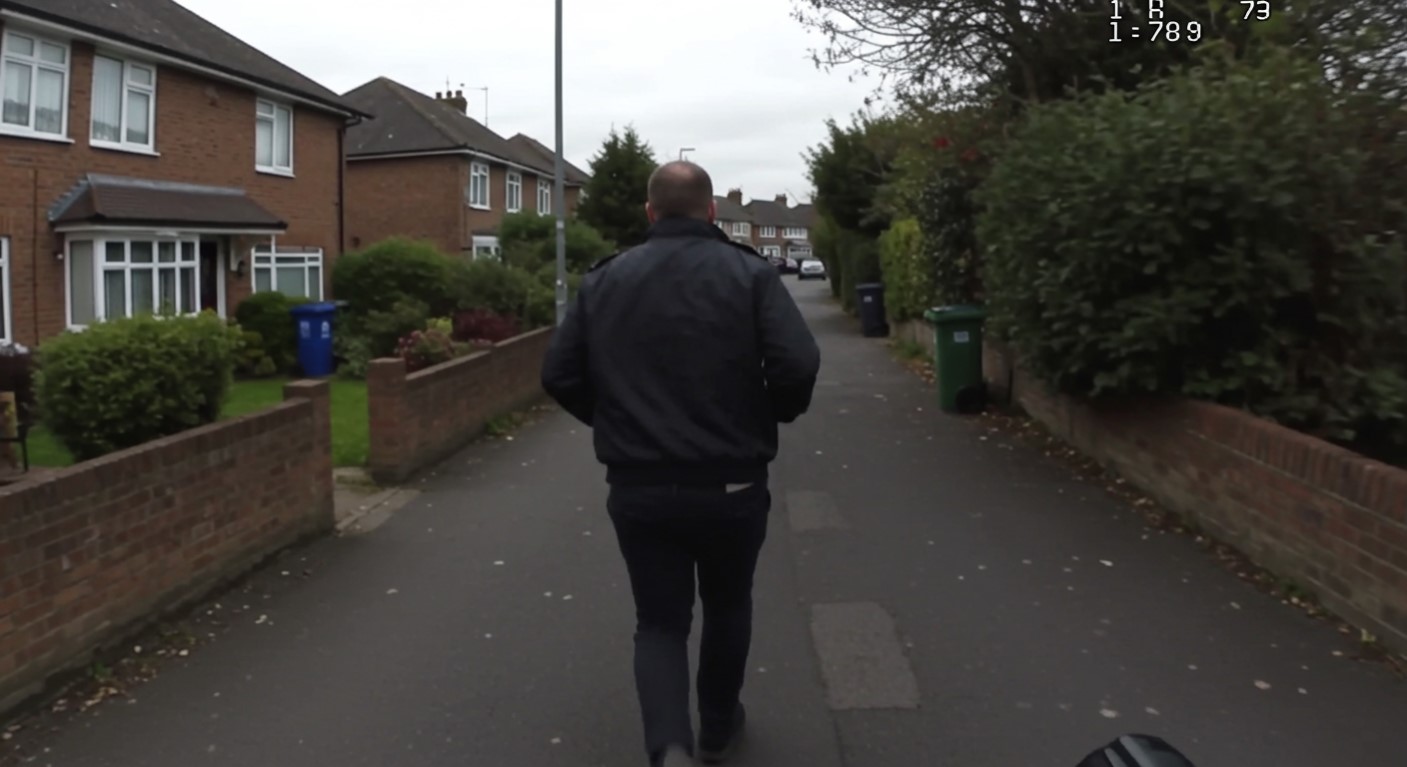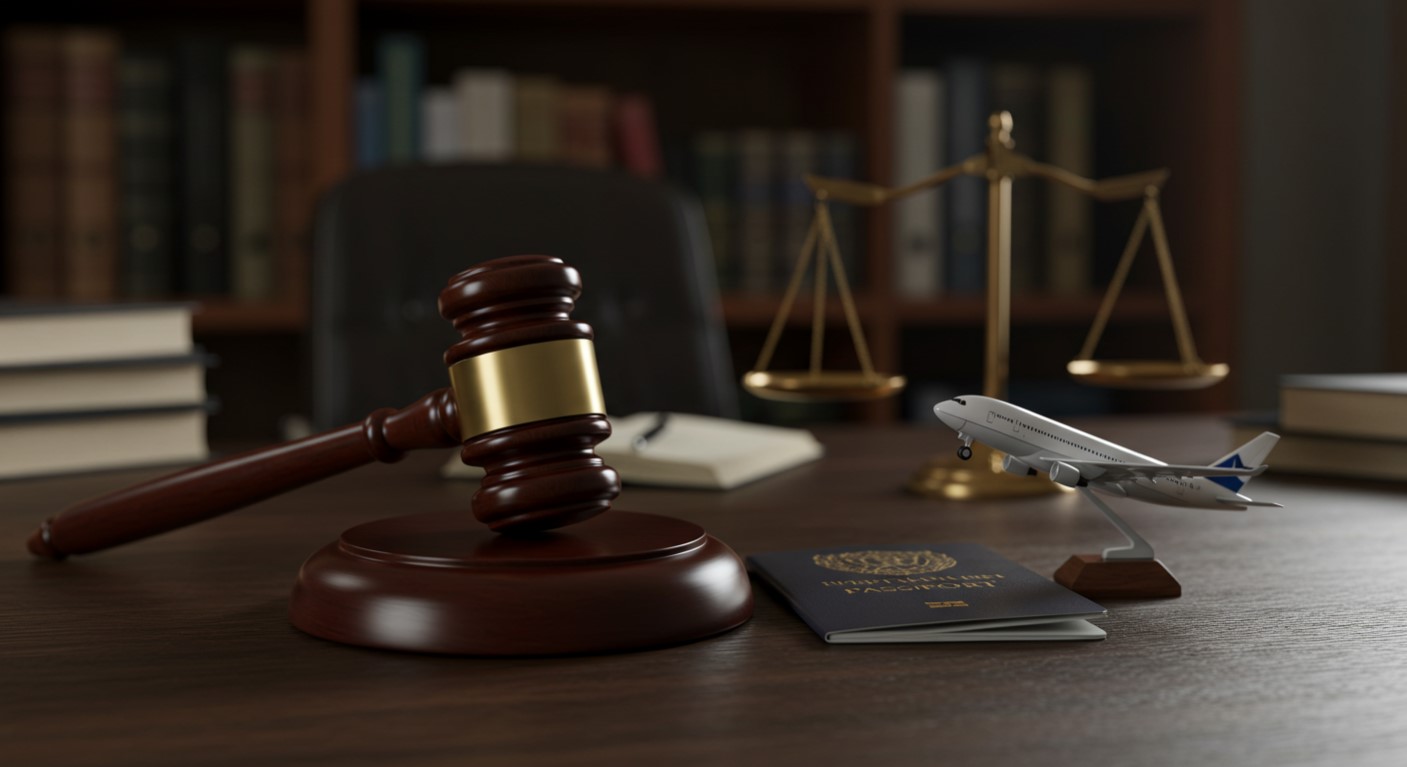Body-Worn Video: Its Role, Evidentiary Value, and Legal Framework in England

Body-Worn Video: Its Role, Evidentiary Value, and Legal Framework in England
The use of body-worn video (BWV) by law enforcement and other professionals has become increasingly prevalent in England. This technology has significant implications for evidence gathering, the conduct of public officials, and civil liberties. Understanding the nature of BWV, its status as evidence, and the legal framework governing its use is crucial.
What is Body-Worn Video?

Body-worn video refers to recording devices typically worn on the uniform of law enforcement officers. These devices are designed to capture audio and visual recordings of interactions between officers and the public. BWV is intended to increase transparency, accountability and provide an unbiased record of events as they unfold.
The Evidentiary Value of Body-Worn Video
BWV footage can be a powerful form of evidence in both criminal and civil proceedings. It provides a visual and auditory record of incidents, which can be pivotal in determining the facts of a case. This footage can corroborate or contradict other forms of evidence, such as witness statements and physical evidence.
Legal Framework Governing BWV in England
In England, the use and admissibility of BWV as evidence are subject to legal guidelines and principles. Key aspects include:
Data Protection Laws: Under the UK’s Data Protection Act 2018 and the General Data Protection Regulation (GDPR), BWV footage involving identifiable individuals is considered personal data. Its collection, storage, and usage must comply with data protection principles.
The Police and Criminal Evidence Act 1984 (PACE): This Act provides the legal basis for the collection and use of evidence, including BWV, in criminal proceedings. It ensures that the gathering of evidence is conducted in a manner that is fair and respects the rights of individuals.
Freedom of Information (FOI) Requests: BWV footage may be requested under FOI laws. However, there are exemptions, especially if releasing the footage could compromise ongoing investigations or infringe on privacy rights.
Human Rights Considerations: The use of BWV must align with the Human Rights Act 1998, particularly regarding the right to privacy. The interception and recording of private conversations without consent can be a contentious issue.
Admissibility of BWV in Court

For BWV footage to be admissible in court, it must be relevant, and its integrity must be verifiable. The chain of custody of the footage, from recording to presentation in court, must be clear and unbroken to prevent tampering allegations.
Furthermore, the court may consider the circumstances of the recording, including whether the recording was continuous or if any parts were omitted.
Ethical and Practical Considerations
The use of BWV raises several ethical questions, such as the balance between surveillance and privacy rights, and the potential for selective recording. There are also practical issues, including the storage and management of vast amounts of footage and the training required for effective and ethical use.
Conclusion: Final Thoughts on Using Body-Worn Video in England

Body-worn video is a significant development in modern policing and evidence gathering in England. Its proper use can enhance transparency and accountability, but it must be balanced against privacy rights and data protection laws.
As BWV technology evolves and becomes more widespread, ongoing legal and ethical considerations will continue to shape its use and governance. Understanding these facets is essential for legal professionals, law enforcement, and the public to ensure their benefits are maximised while minimising potential negative impacts.
Notice: Informational Content Disclaimer
The content provided on this website, including articles, blog posts, and other informational materials, is intended for general informational purposes only. It is not intended as, and should not be considered, legal advice.
Visitors to this website should be aware that the information presented here is not a substitute for seeking legal advice from a qualified solicitor or legal professional. Each individual's legal situation is unique, and the information provided may not be applicable to specific circumstances.
If you require legal advice or have specific legal questions, we encourage you to contact us directly. Our experienced team of solicitors is here to assist you with your legal needs and provide tailored advice to address your concerns.
Please be advised that any communication through this website, including the use of contact forms or email, does not create a solicitor-client relationship. Confidential or time-sensitive information should not be sent through this website. To establish a solicitor-client relationship and discuss your legal matters in detail, please contact us for a consultation.
We strive to provide accurate and up-to-date information, but we make no representations or warranties regarding the accuracy, completeness, or suitability of the information contained on this website. We shall not be liable for any reliance placed on the information provided herein.
Thank you for visiting our website. We look forward to the opportunity to assist you with your legal needs.




